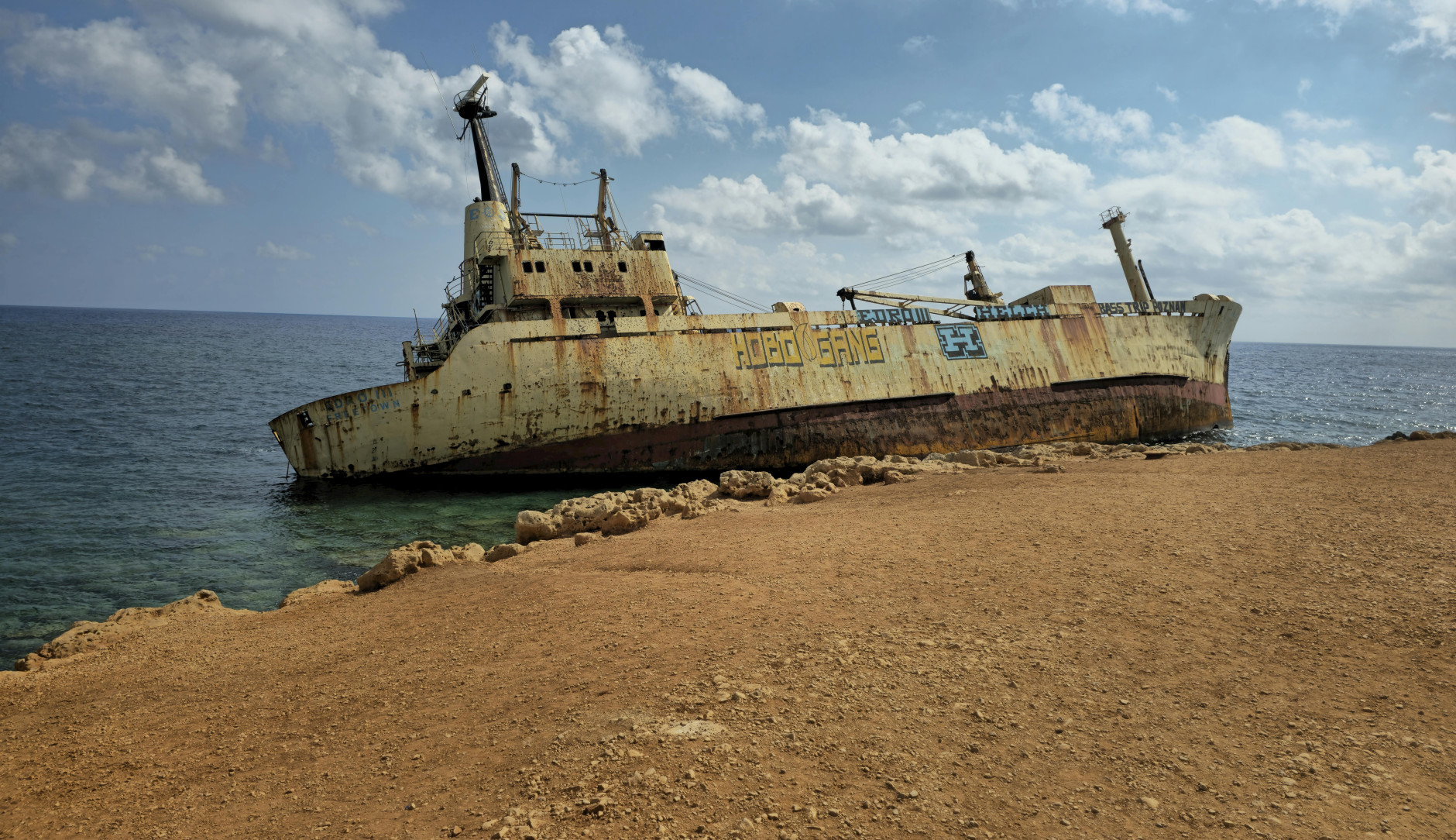Volt Cyprus: A Call for Diplomacy in a Time of Escalating Tensions
As Cypriots and European Union citizens, we find ourselves in a precarious position. The potential for further escalation threatens not only the stability of the Middle East but also the safety of our own communities. In these turbulent times, a collective commitment to diplomacy and dialogue is necessary more than ever. Only through a concerted effort to de-escalate tensions and seek peaceful solutions can we hope to achieve lasting stability in the region.

Recent reports indicate that Israel has carried out an assassination of Hamas’ political chief Ismail Haniye in Iran. This action raises several important concerns that merit consideration, particularly regarding the broader implications for regional stability and international diplomacy.
First, Israel’s ability to execute a highly precise operation in a distant country like Iran contrasts sharply with the heavy civilian toll reported in Gaza since October 7th. According to The United Nations, 40,000 Palestinian civilians (reported) have been killed, with more than half being women and children. This discrepancy raises pressing questions about the conduct of military operations in Gaza, where Israel faces accusations of genocide at the International Criminal Court.
Second, the timing and target of this assassination raise doubts about Israel's commitment to ending the conflict and securing the release of hostages. If negotiations are the path forward, the decision to eliminate a key political figure in Hamas, responsible for the negotiations, complicates these efforts and risks undermining the very dialogue needed to bring about a resolution. The European Union and the United Nations have consistently advocated for diplomatic solutions over military escalations, emphasising the need for dialogue and negotiation over further violence.
Third, the broader regional implications of this action cannot be ignored, particularly considering the already tense relations between Israel and Iran. Such an irresponsible attack that Iran no doubt interprets as an attack on Iran as such has the potential to trigger a dangerous escalation in the Middle East. This is a region that includes Cyprus, a country geographically close to the conflict zones and increasingly drawn into the fray due to the presence of British military bases on its soil. Recent threats by Hezbollah against Cyprus, stemming from its perceived involvement, underscore the heightened risks that such actions pose to regional security.
As Cypriots and European Union citizens, we find ourselves in a precarious position. The potential for further escalation threatens not only the stability of the Middle East but also the safety of our own communities. It is imperative that the EU takes a firm and unified stance against any actions that could lead to further conflict. We must advocate for the cessation of violence against civilians in Gaza and urge Israel to refrain from conducting assassinations in foreign countries, actions that only serve to exacerbate tensions.
Moreover, it is crucial that Iran exercises restraint and avoids further contributing to the cycle of violence. Diplomatic channels must be prioritised to resolve disputes, with the European Union potentially playing a role in pressuring (both) countries to follow International Law and to stop facilitating wars. In these turbulent times, a collective commitment to diplomacy and dialogue is necessary more than ever. Only through a concerted effort to de-escalate tensions and seek peaceful solutions can we hope to achieve lasting stability in the region.
By Volt Cyprus
Read the call by Volt Europa for an immediate de-escalation here.